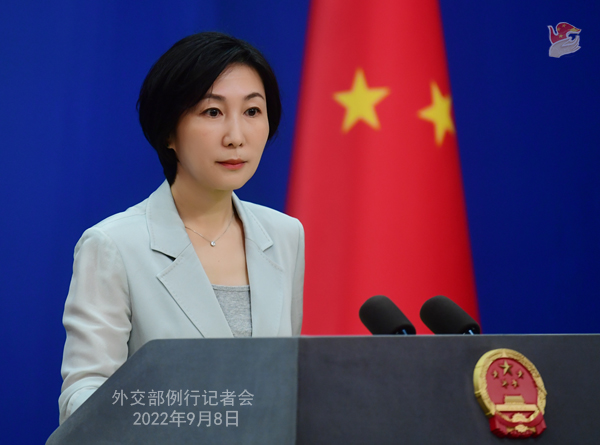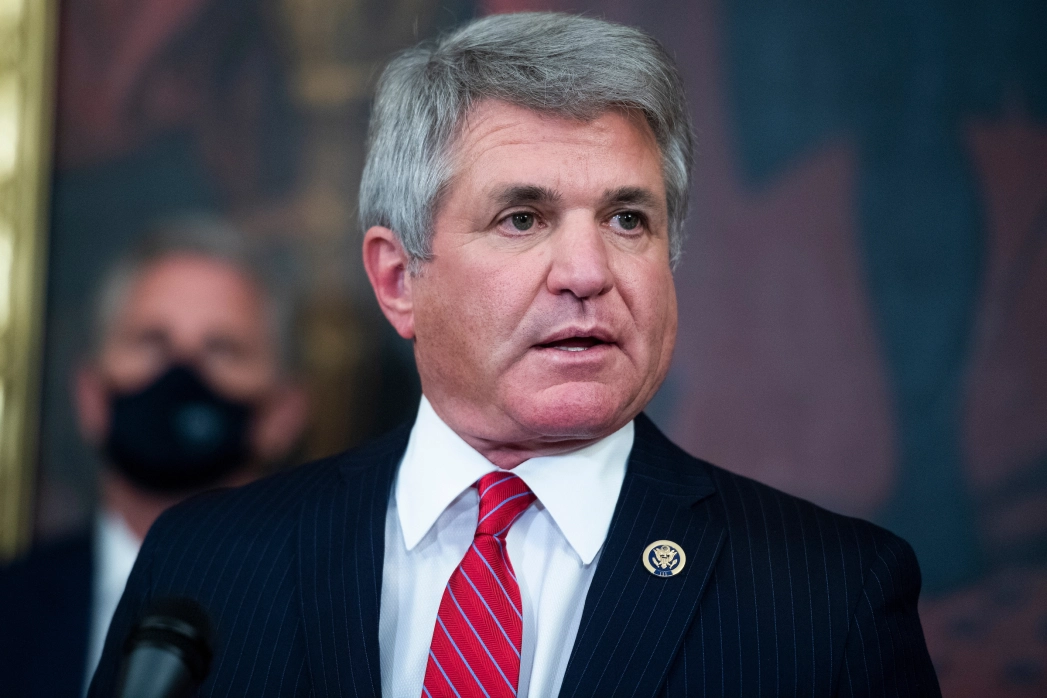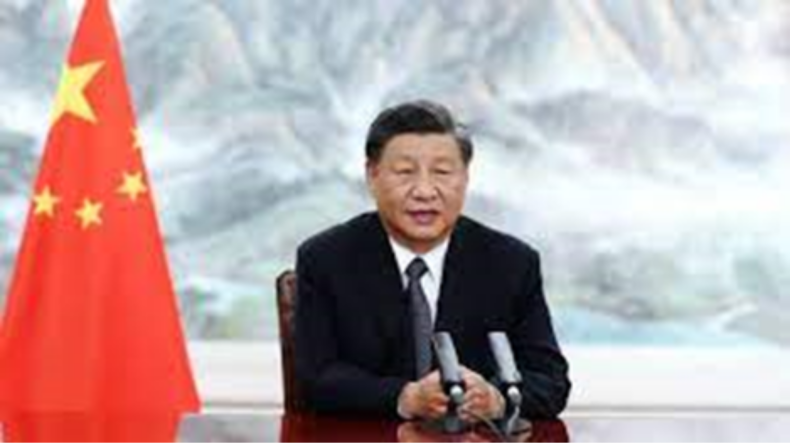
Source: ca.china-embassy.gov.cn
China’s foreign ministry spokesperson Mao Ning said on Saturday that new U.S. export restrictions targeting Chinese chip producers are an abuse of trade measures and are meant to protect America’s “technological hegemony.”
On Friday, the United States announced a comprehensive list of export limits, one of which restricted the sale of certain semiconductor chips to China that were manufactured with U.S. equipment.
At one of his regular briefings, Mao warned that the United States will only suffer and become more isolated as a result of its own conduct.
Story Until now between China and India:

Source: rollcall.com
The Biden administration announced on Friday that it will tighten export limits on certain high-end processors with military applications and halt the transfer of advanced technology to 31 companies and institutes in China.
A statement from the Bureau of Industry and Security read, “The export limits stated in the two rules today hinder the PRC’s capacity to obtain advanced computing chips, develop and maintain supercomputers, and manufacture advanced semiconductors.” The PRC uses these resources to “create advanced military systems including weapons of mass destruction; improve the speed and accuracy of its military decision making, planning, and logistics; and develop autonomous military systems” (HRW).
A new rule from the bureau, which is part of the Commerce Department, will go into effect on Friday, October 12, and Tuesday, October 21 after being published in the Federal Register next week. The rule is intended to tighten export restrictions on certain advanced computing semiconductor chips, transactions for supercomputer end applications, and transactions involving specific organisations and institutions on the Entity List, which details the criteria that each party must follow to retain licencing. In addition, the rule will place new restrictions on transactions involving certain advanced computing integrated circuit end uses and on some semiconductor production goods.
Alan Estevez, undersecretary for industry and security in the Department of Commerce, said in a statement, “We are modifying our policies today to make sure we’re tackling the issues posed by the PRC while continuing our outreach and coordination with allies and partners.”
House Foreign Affairs Committee Ranking Member Michael McCaul expressed his approval of the rules.
These regulations are long overdue but much needed. McCaul, R-Texas, warned that if BIS strictly enforces these restrictions, it will undermine the CCP’s long-term goals.
He indicated that he was interested in learning more about the bureau’s process for approving or rejecting export licence applications.
Rep. Val B. Demings, who serves on the House Intelligence and Homeland Security Committees, has argued that more regulations on the export of high-tech computer chips are critical to the safety and growth of the American economy.
Demings, D-Florida, said in a statement, “Today’s new rules put American interests first, not corporate bottom lines,” and they will “defend our national security and our economic edge in modern computers and technology.” Fortifying the divide between the CCP and American workers is a welcome sight, because it shows that the United States is willing to stand up to China.
If a Chinese semiconductor “facility” manufactures specific integrated circuit products, the bureau has also stated that it will introduce new licencing criteria for those things. The government issued a warning that facilities owned by Chinese businesses would be given a “presumption of denial” when applying for export licences, while licence applications for facilities controlled by multinational corporations would be evaluated on an individual basis.
U.S. citizens’ access to certain semiconductor fabrication facilities in China will be restricted as a result of the shift, as will the creation and production of integrated circuits without a license.
The bureau will also construct a temporary general license that would allow limited and specified manufacturing of things if they are to be used outside of China, in an effort to lessen the short-term impact on the semiconductor supply chain.
A second rule, a final regulation that went into effect on Friday, adds 31 companies and organizations to the agency’s list of those having products bound for China whose end-use couldn’t be verified as complying with U.S. export administration standards. Upon verification, nine entities will be removed from the list of suspicious organizations.
The rule would provide that if the government of the country conducting the end-use verification fails to “sustainably cooperate,” the corporation or institution in question will be put to the list of unverified entities.
Watch the video here to know more:













